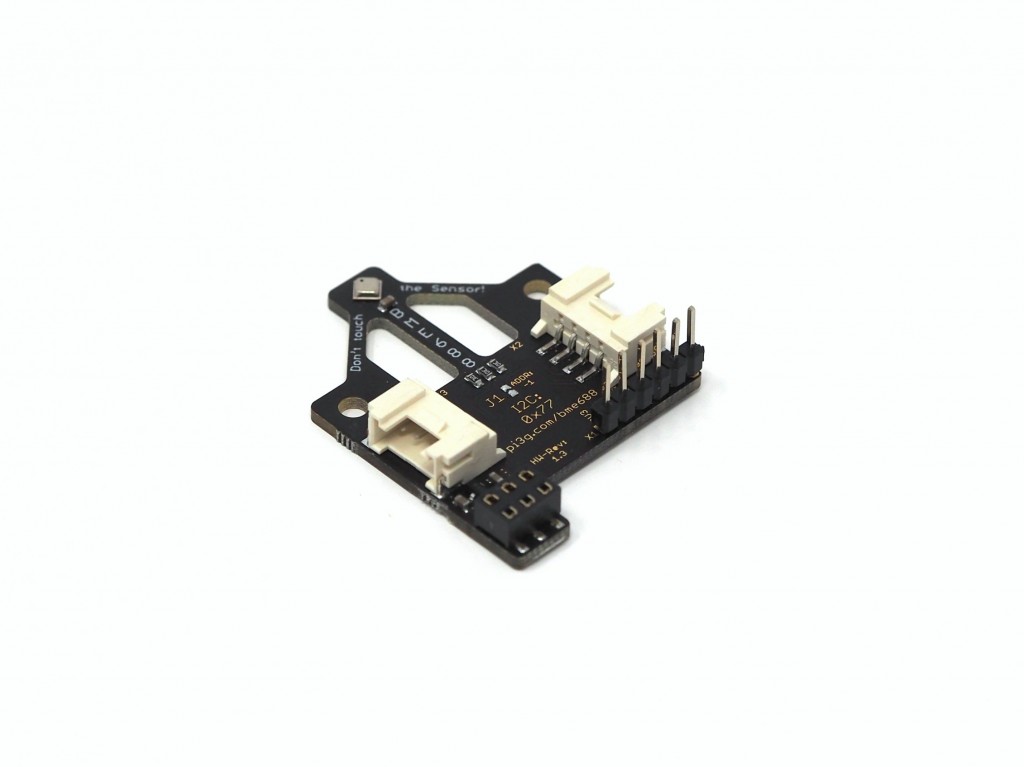Python
Integrating the BSEC in CircuitPython (A work in progress)
A short post about using a static C library inside CircuitPython and a progress report on wrapping the BSEC library in particular.
Weiterlesenenabling and disabling a systemd service in Python using DBus
The upcoming picockpit-client reacts to deletion events from the frontend by disabling it’s service (the application will stay installed, however). Similarly, when you decide to run picockpit-client connect again, the service will be re-enabled and started automatically for you. This is possible using the Python DBus interface. the DBus is a bus system for interacting…
Weiterlesensecure command execution with Python: subprocess.Popen
Security is important for me while developing the picockpit-client. The following applies to Linux systems (but probably is applicable to all Unix like systems, including macOS) Python allows to run external commands using the subprocess module. import subprocess In the upcoming version of PiCockpit, users will be able to create their own buttons (simply editing…
WeiterlesenTermiShell: a web-based shell for the Raspberry Pi (development notes)
Introduction In the course of development of PiCockpit, I am going to add a web-based Terminal called TermiShell. TermiShell icon, by: Stephanie Harvey via unsplash.com TermiShell is going to allow you to log into your Raspberry Pi using PiCockpit.com (and the picockpit-client) – no additional application required on either side. This should be very comfortable,…
WeiterlesenPython Paho MQTT client self-signed certificates websockets, howto
Using Paho in Python with websockets and self-signed certificates for a https:// websocket connection has a couple of pitfalls, so I’m addressing this with some sample code here: import ssl import time import paho.mqtt.client as mqtt class PCPMQTTClient: def on_connect(self, client, userdata, flags, rc): self.connection_status = rc if rc == 0: self.connected_flag = True self.connection_error_flag…
Weiterlesen
